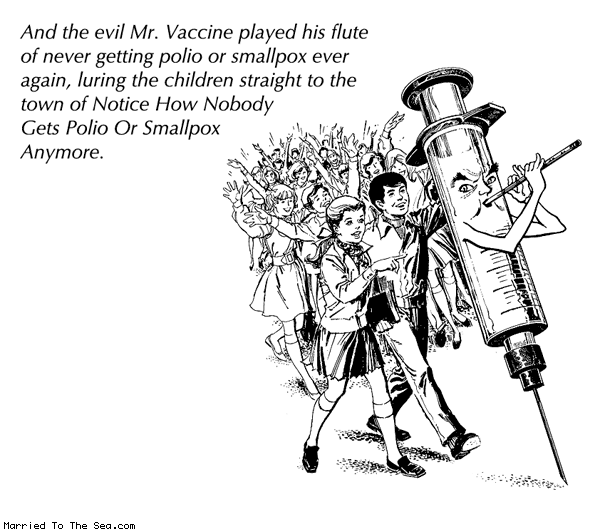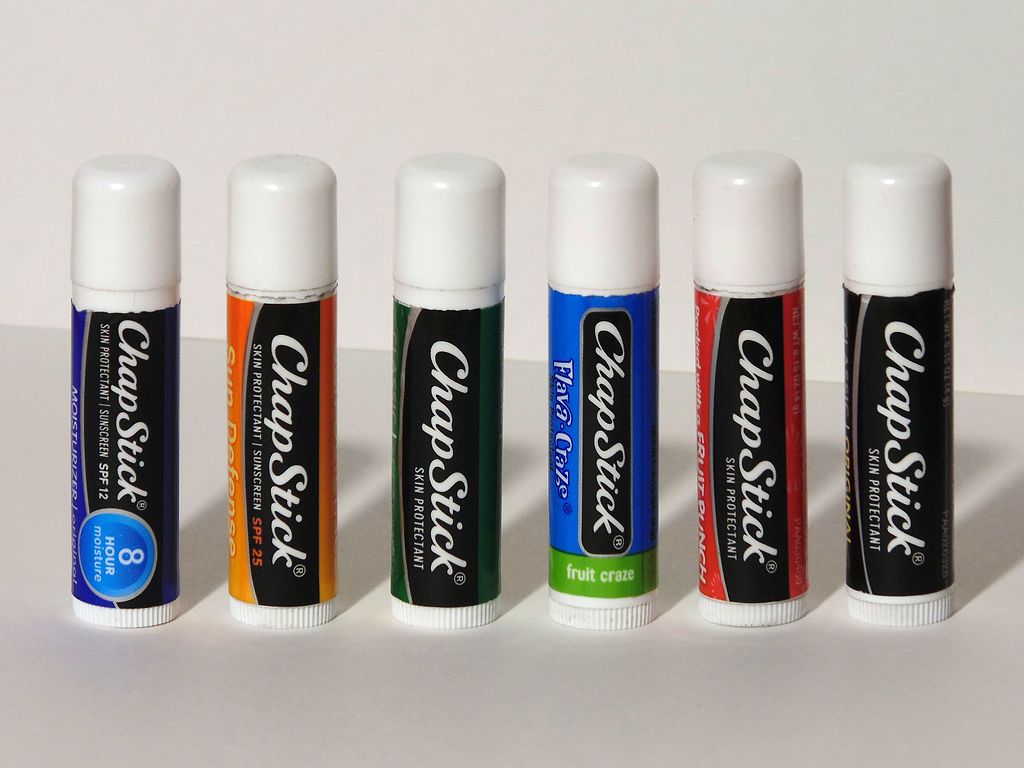Results for: age of autism

Medical marijuana as the new herbalism, part 1: Science versus the politics of weed in New York and beyond
Medical marijuana. It's promoted as a seeming panacea that can cure whatever ails you. While there are potentially useful medicinal compounds in marijuana, in general the medical marijuana movement vastly oversells the promise. The truth is far more prosaic and nuanced.
NY federal court hands triple loss to anti-vaccination ideology
The state of New York allows religious and medical (but not philosophical) exemptions from school vaccination mandates. New York City has a policy of excluding unvaccinated schoolchildren from classes when there is an outbreak of vaccine-preventable disease reported in a particular school. Two sets of parents whose children had religious exemptions sued New York City and the state in federal court when...
VacciShield: Pixie dust for an imaginary threat
I know by now I shouldn’t be, but I am still amazed by how readily so many people buy into the seemingly endless array of bogus sCAM nostrums. Many are marketed and hawked for the treatment or prevention of diseases that are poorly managed by science-based medicine. There are countless examples of dietary supplements that are purported to effectively treat back and...

Rope Worms: C’est la Merde
When I first heard about rope worms, I assumed it was a spoof. Alas, not so! Rope worms are rope-like meter-long human intestinal parasites that were only recently discovered in the returns of cleansing enemas and are often reported after coffee enemas. Strangely, no one had ever noticed them until 2009. They have never been observed during endoscopy or surgery, during medical...
In which Dr. Gorski is taken to task by an eminent radiologist for his posts on mammography
Introduction: An unexpected e-mail arrives One of the consequences of the growing traffic and prominence of this blog over the last few years is that people who would otherwise have probably ignored what I or my partners in blogging write now sometimes actually take notice. Nearly a decade ago, long before I joined this blog as a founding blogger, if I wrote...
Separating Fact from Fiction in the Not-So-Normal Newborn Nursery: Newborn Jaundice
By far the most common medical problem in newborn infants is jaundice, typically appreciated as a yellowish discoloration of the skin caused by increased blood levels of a pigment called bilirubin. In my role as a newborn hospitalist, I manage jaundice every day. If I am not treating jaundice, in every single baby I see I am at least determining the risk...
The false dilemma of David Katz: Abandon patients or abandon science
Dr. David L. Katz is apparently unhappy with me. You remember Dr. Katz, don’t you? If you don’t, I’ll remind you momentarily. If you do, you won’t be surprised. Let me explain a bit first how Dr. Katz recently became aware of me again. Last week, I posted a short (for me) piece about something that disturbed both Steve Novella and myself,...
Telemedicine: Click and the doctor will see you now
Think you need to see a doctor? How about seeing him (or her) on your computer (or tablet or smart phone) screen instead of in the doctor’s office? The technology of telemedicine, or telehealth, is here. So far, there is no single definition of what it does, and does not, encompass. For example, in some definitions, one of which we discuss today,...

Naturopathy vs. Science: Vaccination Edition
We saw it coming. The re-emergence of vaccine-preventable disease should surprise no-one that’s been following the anti-vaccine movement. Rebutting anti-vaccine rhetoric feels like a Sisyphean struggle. Steven Novella likened it to a game of whack-a-mole, where the moles are the same old tropes that keep popping up, no matter how often they are refuted with facts. Vaccines are a remarkable success of...

Gluten-free skin and beauty products: Extracting cash from the gullible
Gluten-free doesn't make sense for a lot of diets. Except for lip balm and toothpaste, it makes an order of magnitude less sense for beauty products.

